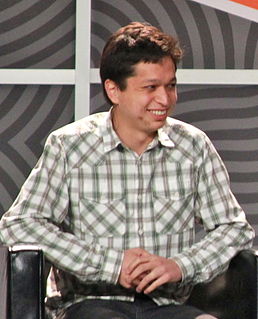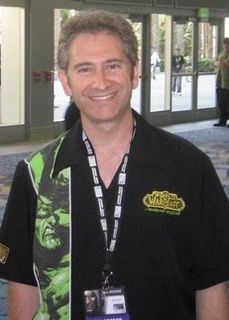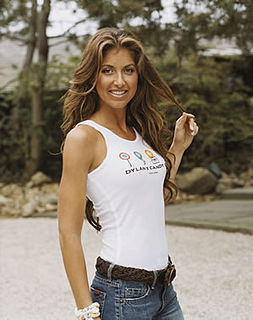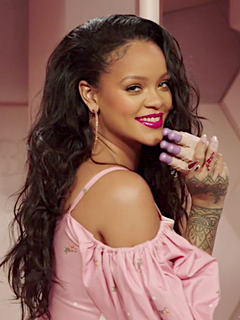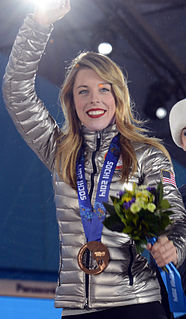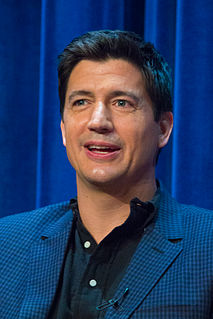A Quote by Ben Silbermann
The No. 1 challenge is getting people to understand that Pinterest isn't a social network.
Quote Topics
Related Quotes
We know that when people are civically engaged, when they understand what their rights are, when they understand that in a democracy you can challenge governments, you can challenge policymakers, and you can... actually shape and form future policy, I think it changes the perception that a lot of young people have about where power is.
Like inspirational quotes, which have been huge on Pinterest. Or looking at dog photos! We didn't know how to take those uses for Pinterest seriously until we realized, sometimes even I look at Pinterest to feel better, not just do something but feel happier, to feel connection, to feel humor, to know everyone goes through difficult times.
To go from working with a group of people in a sketch-comedy show on a small network, where it was all about just creating funny stuff, to being on a network show, and the pressures of that, and getting to know the new people who were involved in it. There was a learning curve for me. But it was an education.
